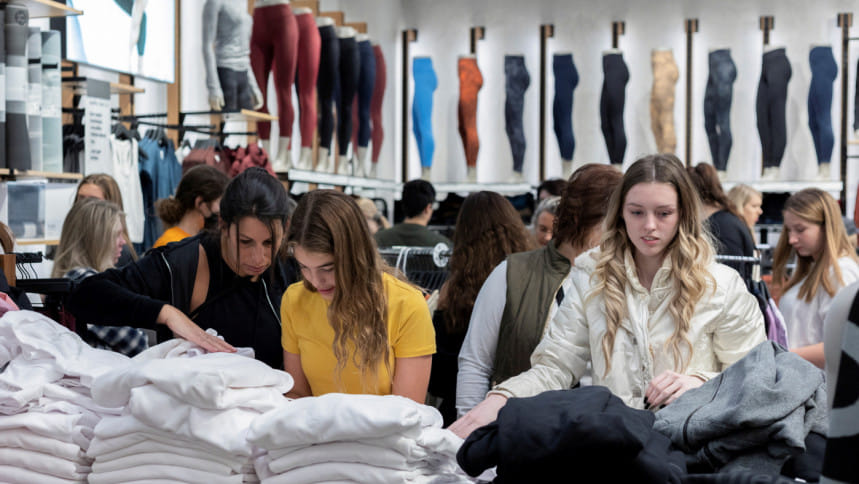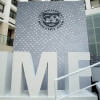Tariffs risk raising costs for US consumers: IMF chief

Fresh US tariffs on imports risk pushing consumer prices up, hitting lower-income families harder, IMF chief Kristalina Georgieva said Tuesday, weeks before an election where both presidential candidates have embraced the prospect of levies.
Republican candidate Donald Trump's proposals include sweeping tariffs of at least 10 percent on imports, while his Democratic rival Kamala Harris is vice president of a White House administration that has boosted existing tariffs -- targeting goods from China in particular.
"Tariffs are very blunt instruments," Georgieva, managing director of the International Monetary Fund, told CNBC in an interview.
"They push prices up. When we are still struggling to bring inflation down, it is highly desirable that we don't generate new reasons why prices may go up," she added.
She noted that when countries are hit with tariffs or other protectionist measures, "there is a 75 percent probability" of retaliation.
"What we see is a risk for prices in the United States to go up, hit consumers, especially poor families, and also risk that some of the US businesses may be the recipient of retaliatory measures," Georgieva added.
But she acknowledged underlying reasons that protectionism has found fertile ground, noting that some communities have not benefited from an integrated global economy.
She added that there are ways to target investment and benefit such groups.
On the global economy, Georgieva told CNBC that while a "soft landing" appears to be occurring -- where inflation comes down without triggering a damaging downturn -- "we all need to learn to keep our seatbelts on."
"We are in a more turbulent world," she said, citing uncertainties like unrest in the Middle East.

 For all latest news, follow The Daily Star's Google News channel.
For all latest news, follow The Daily Star's Google News channel. 







Comments